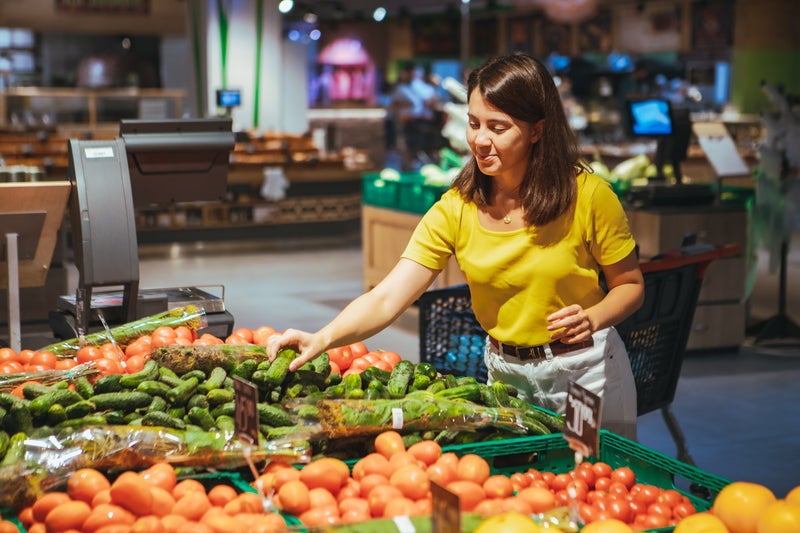The Benefits of Vertical Integration in the Grocery Industry
Supermarkets need to develop e-commerce in-house, or they risk facilitating the Amazonization of their new partners.
Worldwide, grocery retailers taking the long view are backing e-commerce as the future of the sector, where retailers before them underestimated its potential and let Amazon in through the back door.
Delivery apps now are where Amazon was in its infancy, and if grocery delivery is their next step then brick-and-mortar grocers must try to beat them before they join them.
This month saw the Spanish department store chain El Corte Inglés partner with Deliveroo, a leading food delivery app, in a growing trend of food delivery outsourcing among retailers.
The retailer, in this case, is not primarily a grocer, but will use Deliveroo to fulfil ready-meal orders. Similar partnerships are nonetheless gradually emerging with grocers around the world.
Recent examples include Pingo Doce’s partnership with Mercadão in Portugal; Éxito and Rappi in Colombia; and Central Group and GrabFresh in Thailand. Interestingly, these are not markets where Amazon looms.
Vertical integration has become commonplace in the segment
Amazon is a key player driving online grocery strategies, having launched its Fresh service in parts of North America and Europe, threatening to finally disrupt this retail segment.
Amazon was itself a logistics partner before becoming a vertically-integrated retailer, harvesting transactional data at a scale that bricks-and-mortar supermarkets could never match. It has clear parallels with delivery apps.
Food delivery companies can also vertically-integrate: compare LeShop in Switzerland or Rohlik in the Czech Republic. Again like Amazon, they are also data-driven by nature.
They have to be. Mercadoni, a Colombian delivery app which has grown – and turned a profit – at world-beating pace, attributes its success to the superiority of its data-handling and algorithms.
If a delivery app took ownership of its supply chain like Amazon did, then the lightweight, agile logistics networks they are building would make them powerful data-driven retail competitors.
Signs of this vertical integration are tentatively emerging, from Deliveroo’s ‘dark kitchens’ to small grocery apps in emerging markets, like Fakahany in Egypt, whose founding goal is supply chain ownership.
M&A activity has ramped up
A diverse field of relatively small players might make delivery apps unlikely challengers to Amazon. But 2020 has already seen major acquisitions which have consolidated some of the market’s giants.
In January, Dutch delivery app Takeaway.com acquired the UK’s Just Eat to create a huge European competitor. In India, the world-leader Uber Eats acquired Zomato, merging the companies’ logistics networks.




